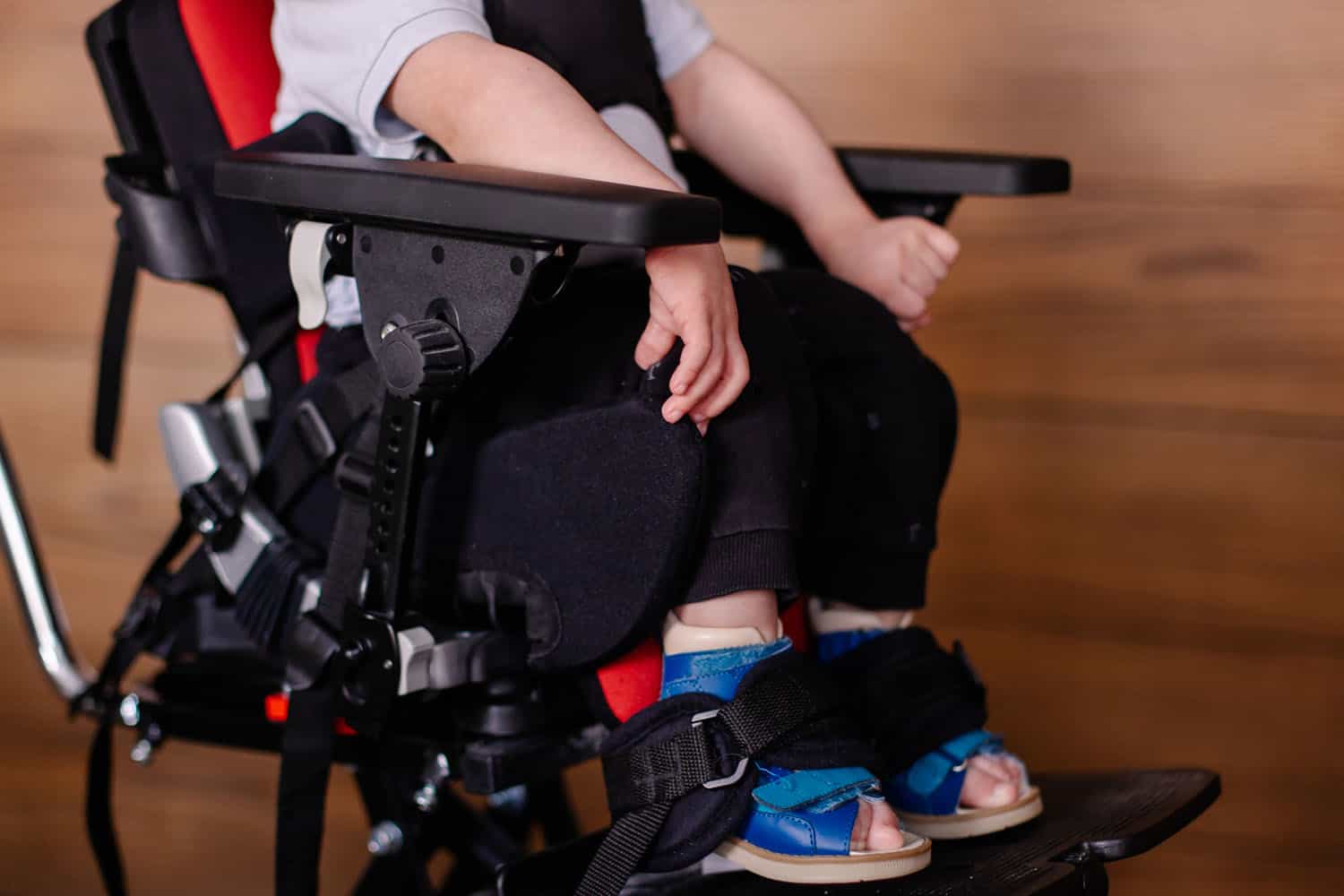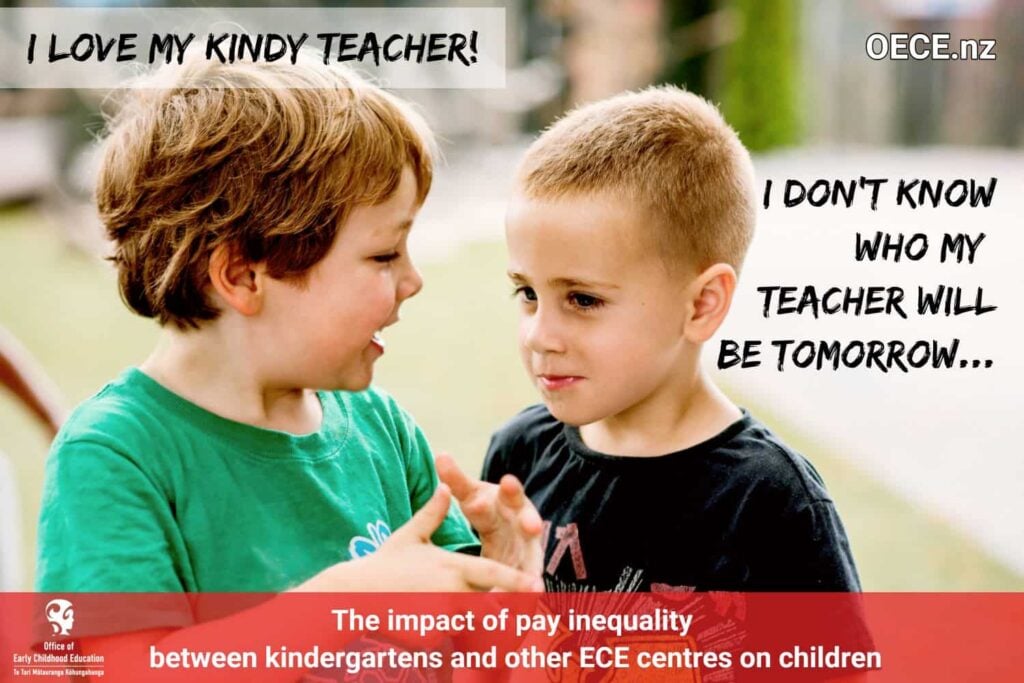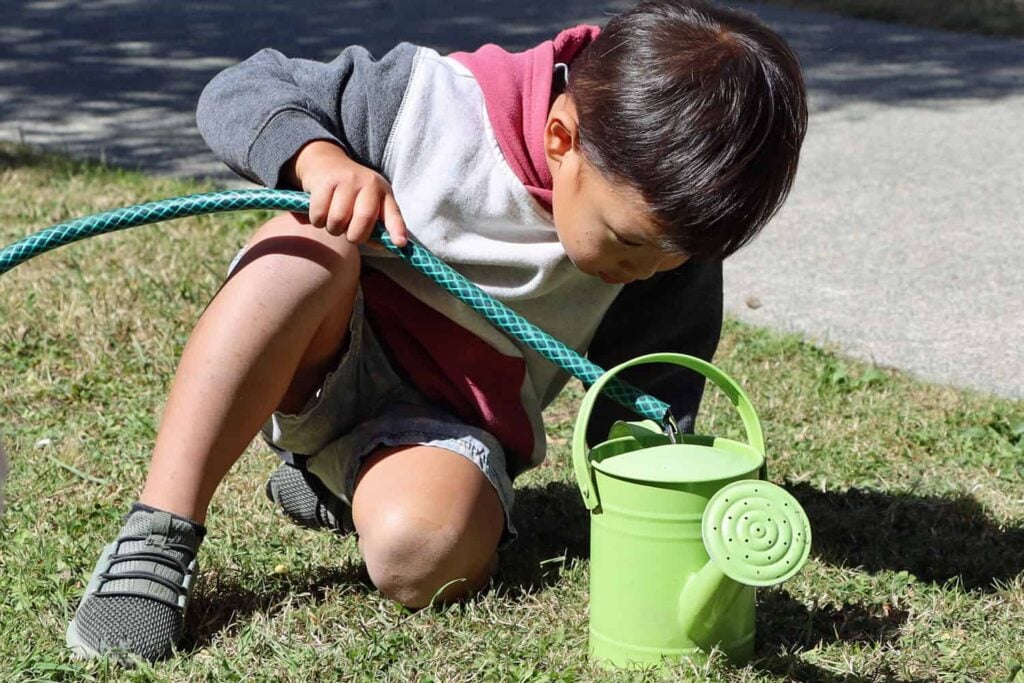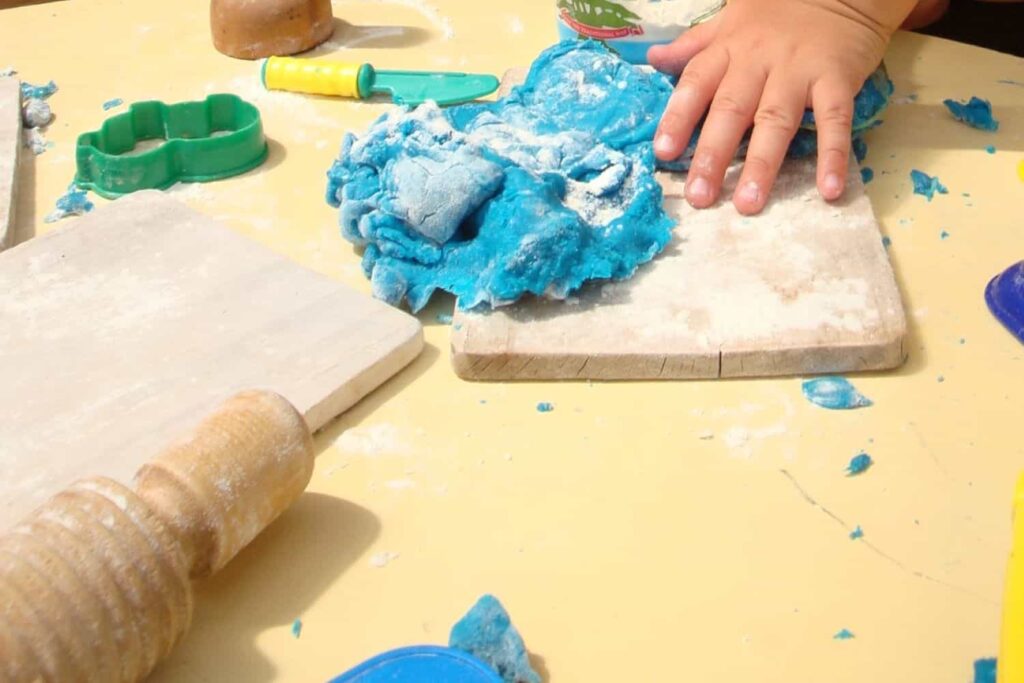December 19, 2012.
Children with disabilities and their parents can still struggle to access early childhood education and the support they need according to a new survey.
The survey was conducted by the Parent and Family Resource Centre along with its research partners and explored the experience of Auckland families with children with special needs.
Just over 120 families responded to the survey, of which 70 percent had a child aged seven or under with a disability. Four percent had two children with a disability and the remainder were either grandparents, professionals or had one child aged over-7 with a disability.
The children had a range of disabilities including hearing problems, learning difficulties and long-term health issues. The majority of children were currently attending an ECE service or had previously attended ECE with private ECE services and kindergartens the most popular choices.
When asked about the enrolment process, most parents said they were satisfied with the process, however some expressed concern that staff did not know much abut their child’s condition. The researchers acknowledged that it might be “unreasonable” for staff to know about the child’s needs at the enrolment stage, but noted that it did unsettle some parents.
Several of the parents surveyed said they stayed with their child at the ECE service. Reasons for this included being asked to remain with their child at the service although other parents did not have to, wishing to see what the child does at ECE, for the parents peace of mind, and because the ECE service could not adequately meet the child’s needs.
When asked what they liked about the ECE service they chose for their child, many parents highlighted caring and welcoming staff. The location of the service and recommendations from other professionals were also mentioned.
Potential improvements which were highlighted included better training for staff, especially more junior staff members, and more funding. The four key areas where improvements could be made were funding, timely access to Ministry of Education support, expertise of staff and inclusive practice.
While the survey sample was limited to Auckland, the researchers said it showed there were still problems for families trying to access ECE for children with disabilities. The report calls for further research to more fully investigate the experiences of these families.









